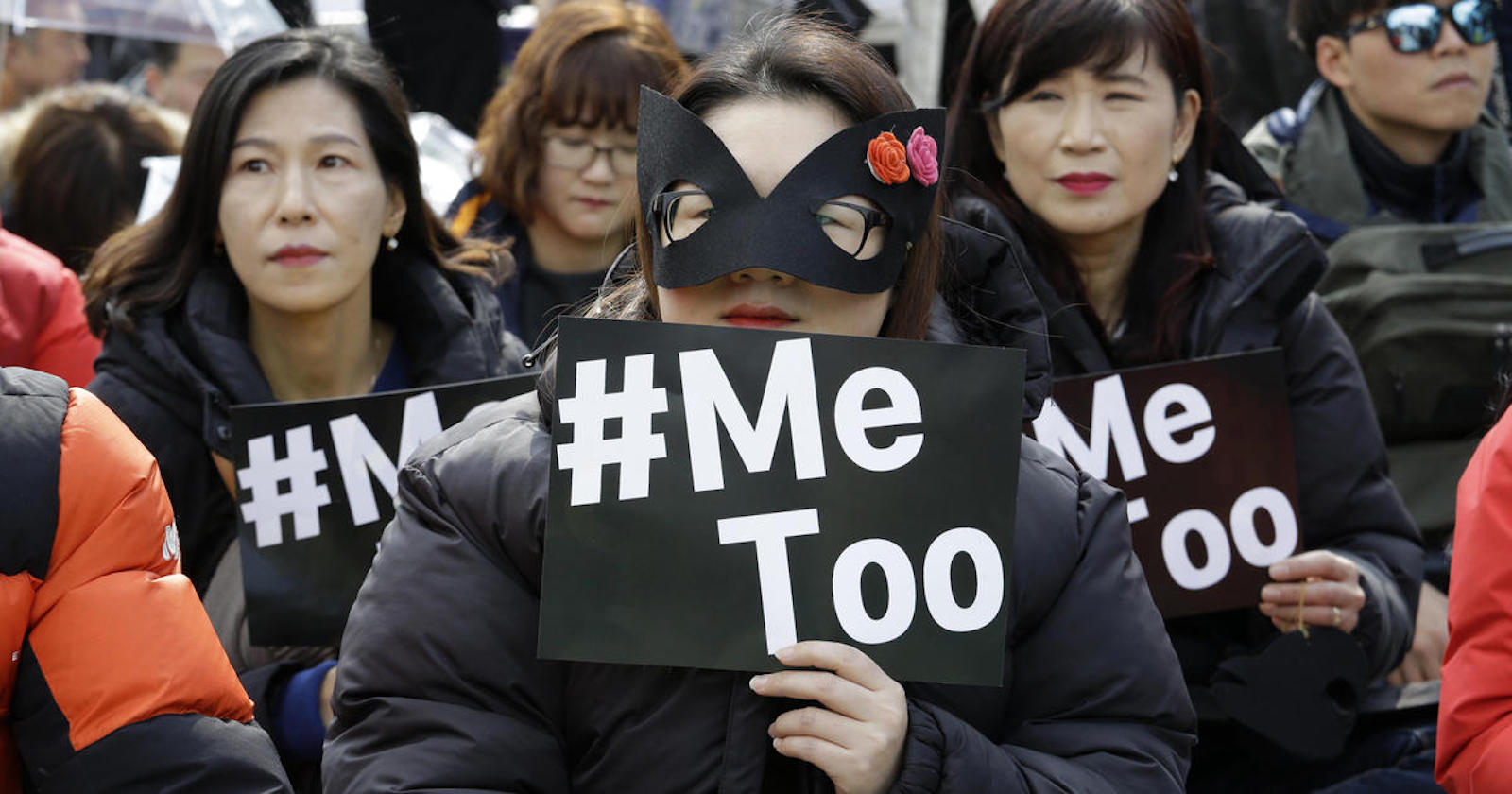
Women in South Korea have suffered from gender inequality for decades. After years of violence and discrimination, there have been several changes made in order to ensure this gender inequality is eradicated. With these changes, women have been able to gain more freedom and empowerment. However, more changes must be made in order to emphasize the need for gender parity.
On June 9th, 2018, 22,000 South Korean women marched through Seoul protesting their need for more privacy (Barr, 2018). These women were specifically protesting the use of small devices called "spy cams" that were being used to violate their privacy in graphic ways (Barr, 2018). Many times these spy cams would take pictures and videos of women and be posted online with no blame being placed on the person responsible (unless a man was the victim), (Barr, 2018). This is only one of the many equality violations women have taken action against. "The World Economic Forum ranked South Korea 116 out of 144 countries in gender equality," (Barr, 2018). Furthermore, a survey involving 2,000 men was conducted and the results stated that 80% of these men psychologically or physically abused their girlfriends (Barr, 2018). In another survey, it was concluded that 78% of women that experienced sexual harassment in the workplace "put up with it," (Barr, 2018). Based on this evidence, it can be said that South Korea must work towards more significant changes in order to decrease violence and discrimination against South Korean women.
Several discriminatory laws have been amended and legislation has changed their unjust ways in hopes of narrowing this gap between men and women. According to Barr (2018), the president of South Korea promised a cabinet of at least 30% women and stayed true to his word (Barr, 2018). Additionally, The Civil Act of 2007 successfully set the minimum marriage age to 18 for men and women (Committee, 2011). Also, the Act on Protection of Children and Youths from Sexual Violence established sexual violence offenses against boys and girls (Committee, 2011). Lastly, The Committee has launched a plan to prevent domestic violence and acknowledged the integration of gender dimensions in programs to promote women's human rights (Committee, 2011).
These changes are slowly working towards creating gender parity in South Korea. More action must be taken in order to reach gender equality faster.
References
Barr, H. (2018). South Korean Women are Fed Up with Inequality. Retrieved from https://www.hrw.org/news/2018/06/14/south-korean-women-are-fed-inequality#
Committee on the Elimination of Discrimination Against Women. (2011). Concluding Observations of the Committee on the Elimination of Discrimination Against Women. Retrieved from https://evaw-global-database.unwomen.org/-/media/files/un%20women/vaw/country%20report/asia/republic%20of%20korea/republic%20of%20korea%20cedaw%20co.pdf?vs=1750
Hi Paulina, thanks for the information, it helps and encourages a lot of women to stand up for themselves and feel heard. 80% is really high, even if it was 50% it would not be right. I hope that this movement has made men realize that women can start a chain so strong and ready for change.
ReplyDelete